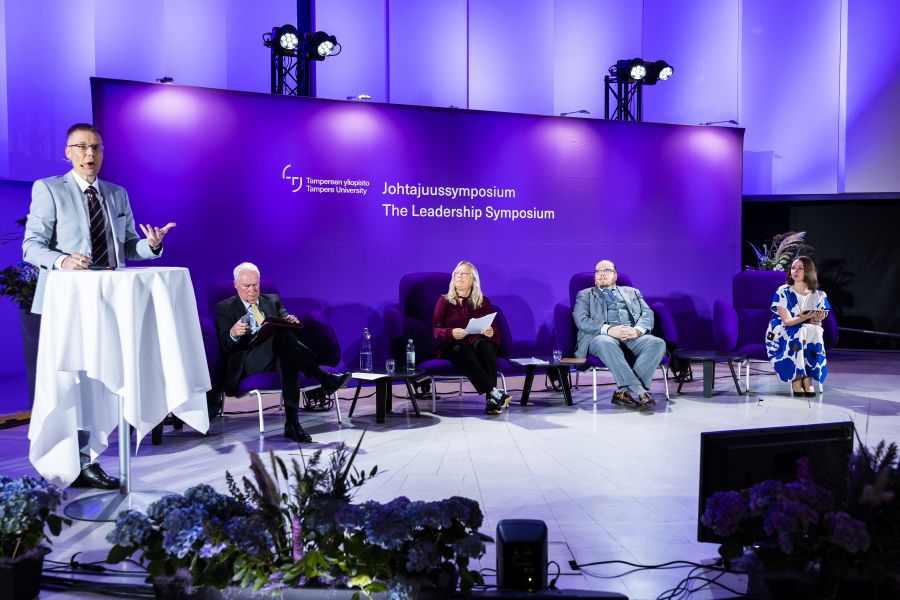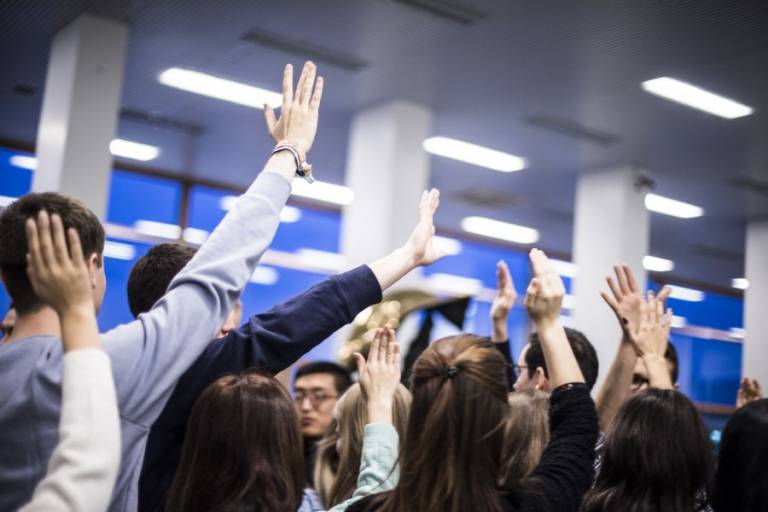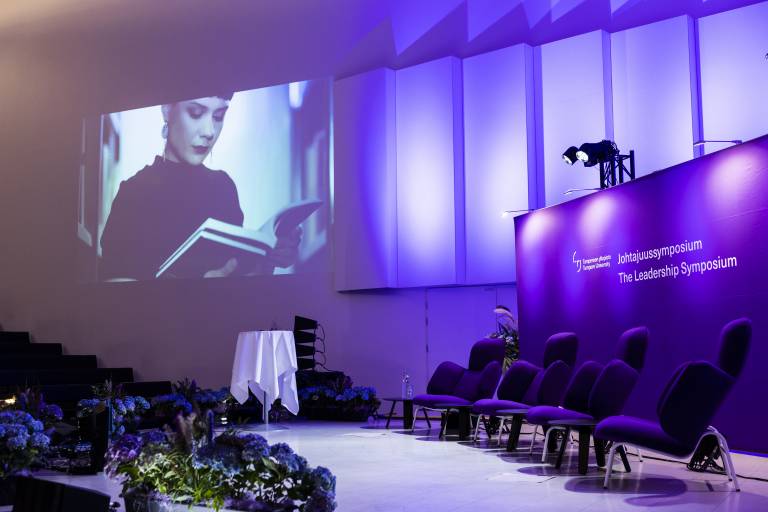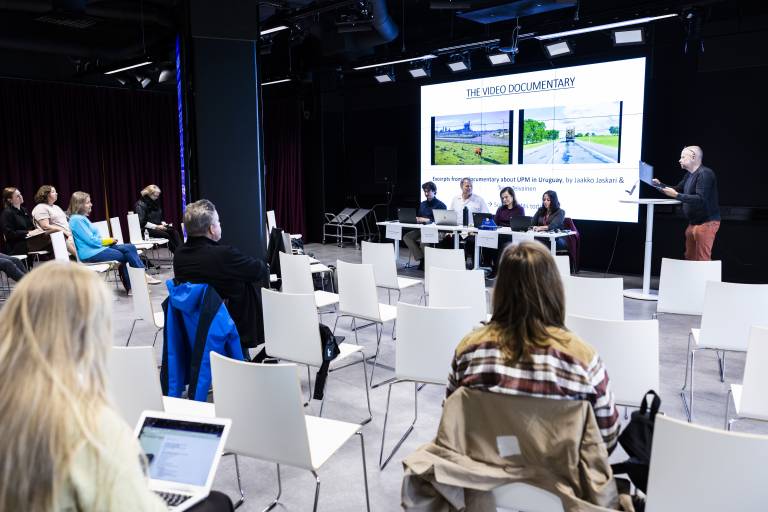“Institutional change is often forged through adversity” (Sir Mark Lyall Grant 2022). Indeed, as the present times could be described as a remarkable mix of turbulence and triumph, one should seek solace in the truth that turmoil, as unpleasant as it feels, is prime breeding ground for societal and
global change. The speakers at the Tampere University Leadership Symposium came together on a panel to discuss security issues from both an international and Finnish perspective, particularly relating to the topic of joining NATO and the implications this entails. This essay will evaluate the
panelists’ discourse on change and transformation by utilizing the framework of typology of change, presented by Dr. Anni Kangas (2022). According to this framework, the four characteristics by which to analyze change are the character, magnitude, focus, and level or scale of change
(Kangas 2022).
When it comes to Finland joining NATO, the argument could be given that the character of this change falls into multiple categories. On one hand, the decision was made by the Finnish government (largely due to the situational variables of Russia invading Ukraine, but planned out
nonetheless) through discussions with NATO, making it a planned course of action. On the other hand, from a global perspective, the overall effects of this decision in the geopolitical realm make the character of change somewhat emergent. For instance, one cannot easily measure a point when
collaborative efforts have caused sufficient security for Finland (and Sweden). As pointed out by some of the panelists, Finland has collaborated with NATO and had some footing in the West since its independence (Ann-Marie Ekengren and Juha Vuori, 2022). Will the process of joining NATO
be fully brought to its conclusion if Russia were to attack Finland and being a NATO member prevented invasion? Or would an attack signify a lack of successful execution of the plan? Regarding Russia’s perspective, Grant (2022) makes note of the fact that Putin’s plan to have “less
NATO” was obstructed and brought about quite the opposite result.
For Finland and Sweden, the move of joining NATO has a strategic and tactical focus. The overall change is transformational: neither country has had to vocalize a strong stance regarding nuclear weapons before, and now they will be entering into a nuclear alliance that plans to remain that way as long as there are nuclear weapons in the world (Vuori 2022). As Kangas (2022) describes, change that is by nature strategic and tactical typically entails some type of political struggle. Once members, Finland and Sweden will have a voice on nuclear issues and this has already stirred up renewed conversation as to whether the Nordic countries should remain nuclear free zones (Vuori 2022). Other tactical elements of the change taking place consist of, for instance, whether NATO should continue with or relinquish its first use policy (Vuori 2022).
Ekengren (2022) takes note of the fact that Russia’s invasion of Ukraine has led to other changes in the Nordic countries besides Finland and Sweden joining NATO. For instance, Denmark has abolished its EU defense opt-out and Norway has started a new discussion on the possibility of joining the EU. Overall, this shows movement towards a converging direction in the Nordics. It remains to be seen whether this type of convergence is of a more temporary or permanent nature. (Ekengren 2022).
When analyzing this topic with the typology of change framework, both the magnitude and level or scale of change are relevant. Kangas (2022) lists the different measurements of magnitude of change: incremental; transformational (paradigm shifts); and punctuated equilibrium, which is a combination of the first two. The converging direction in the Nordics and the overall development of the global security outlook could be categorized as punctuated equilibrium. There are both incremental changes taking place as the West seeks to unify and reinstate a liberal world order of freedom: Grant (2022) in particular points out that this type of transformation is achieved through setting a positive example and presenting superior ideas – all of which takes place in incremental steps (Grant 2022). There are also transformational changes in the process, where there is a notable and significant leap of change: for instance, Finland and Sweden joining NATO can be categorized as such.
Overall, the topics of change and transformation addressed in this symposium can be summarized in the words of moderator Valtteri Vuorisalo: “The world is becoming extremely complex, and we are witnessing change that perhaps we will understand in only a few years” (Vuorisalo 2022). Vuorisalo (2022) mentions the rather unique state of peace we have been living in in Finland and the West for the past decades – some would argue that a state of war and struggle is the de facto state of the world (Vuori 2022). Be that as it may, as long as there is an effort for incremental steps towards positive change, there is hope.
References
Grant, S., Ekengren, A., Tikk, E., Vuorisalo, V. and Vuori, J., 2022. International security: the
outlook for Finland.
Kangas, A., 2022. Key Concept Lecture Change (video lecture on change).
This text was written by the LFC student Katrina Mäki-Soini as part of the course LFC.310 Introduction to Leadership for Change. For the full list of The Leadership Symposium speakers, see the programme here.





